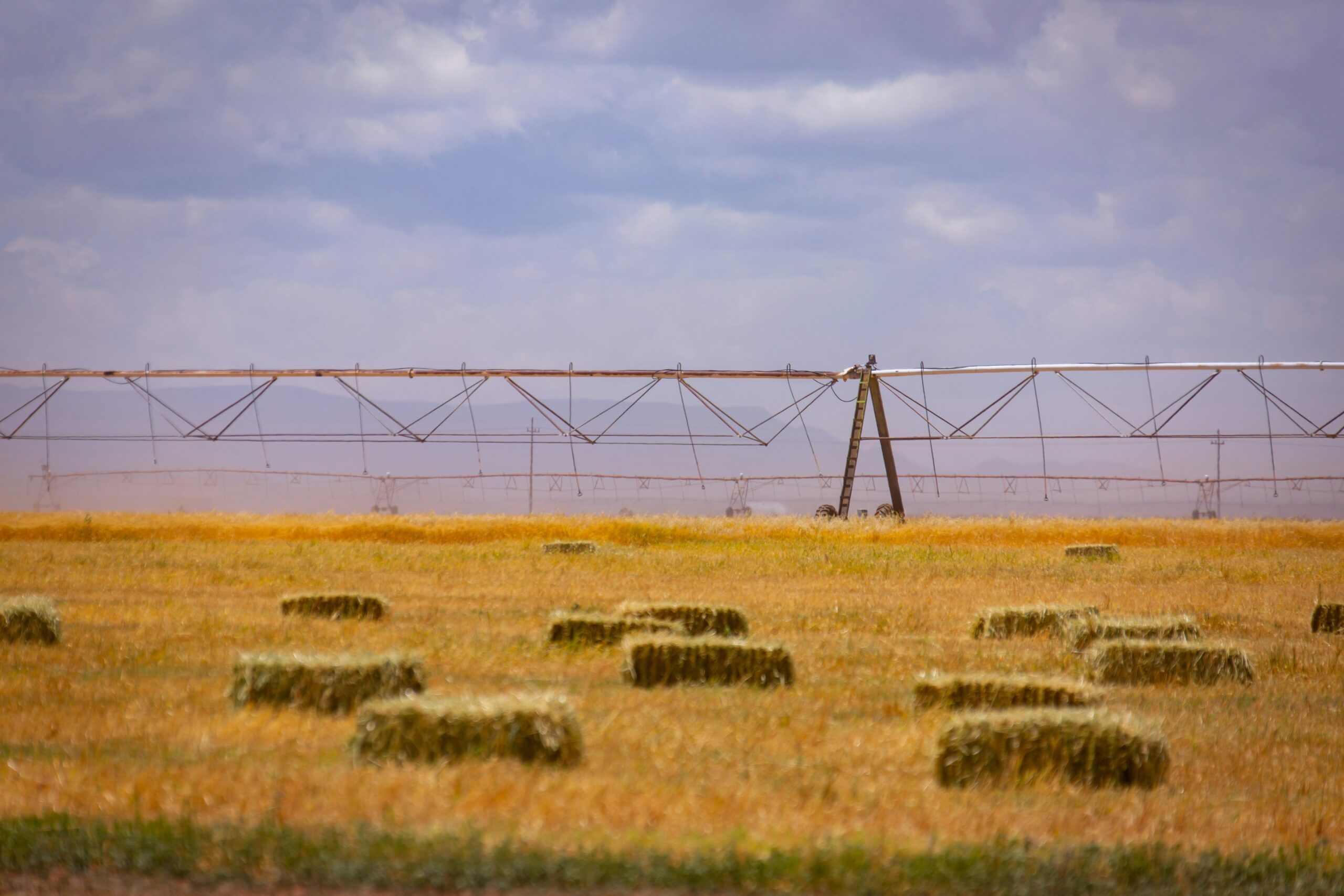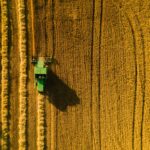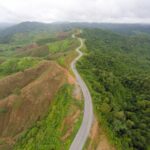Adaptation strategies to climate change at a local scale:
methods for cropping system design and assessment
Laure HOSSARD
(Innovation unit, departement ACT, INRAE)
Adaptation to climate change of rice cropping
systems in Mekong River Delta in Vietnam
Juliette FRAIGNAC, Robin GINEYTS & Loanne GUERIN
(Students of Master CLUES, UP-Saclay)
Rice adaptation facing to Climatic Change
Alain GUESQUIERE
(Research Director, IRD)
Climate change impacts on coffee production
in Mexico and key adaptation strategies
Imane AIT AISSA, Ana B. G. FUENTES & Joël TSAMBANG
(Students of Master CLUES, UP-Saclay)
Cocoa agroforestry : a climate-smart agriculture option in Ivory Coast
Karen LAMMOGLIA
(UMR ABSys (CIRAD) UFR Biosciences (UFHB), Abidjan, Ivory Coast)
Impact of climate change on palm date production in Tunisia
Alexis GASTALDI, Léa OVET & Agathe SOUIRY
(Students of Master CLUES, UP-Saclay)






